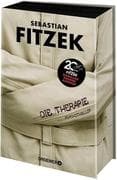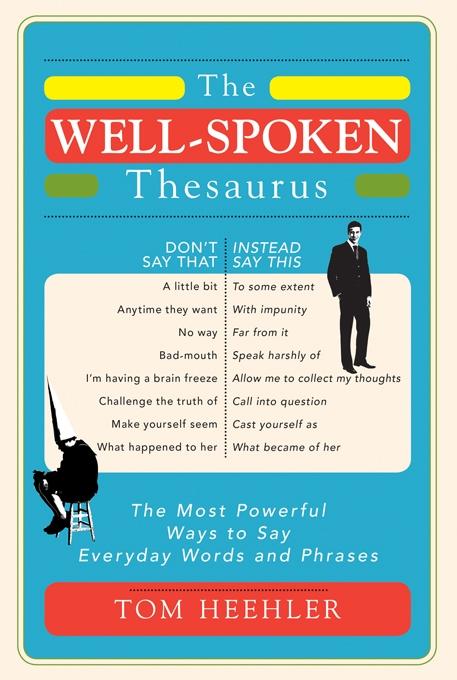The Well-Spoken Thesaurus is designed to help you improve your communication skills by expanding your vocabulary.
The book includes over 200 words, arranged in easy-to-use categories, such as "positive emotions," "negative emotions," "intellectual terms," and "descriptive terms." Each entry includes a definition, synonyms, antonyms, and usage examples.
The Well-Spoken Thesaurus is particularly useful for writers who want to improve the precision and impact of their language. By providing a range of synonyms for common words and phrases, the book helps writers avoid repetition and clichés, while also encouraging them to use language that is more vivid, specific, and memorable.
Some of the benefits of using The Well-Spoken Thesaurus include:
- Making a stronger impression: By choosing words that are more precise and impactful, you can help your writing stand out from the crowd and make a stronger impression.
- Demonstrating your communication skills: Using a wide range of vocabulary can demonstrate that you are articulate, sophisticated, and able to communicate effectively.
- Conveying your personality: Includes a range of descriptive terms that can help you convey your personality and character traits in your writing
Overall, The Well-Spoken Thesaurus can be a valuable resource for anyone who wants to improve their writing and communication skills.
Inhaltsverzeichnis
Contents
Acknowledgments vii
On Becoming Articulate 1
Rhetorical Form and Design 5
Lesson 1: T. S Eliot 6
Lesson 2: Margaret Atwood 9
Lesson 3: Ernest Hemingway 11
Lesson 4: Cormac McCarthy 14
Lesson 5: John Steinbeck 16
Lesson 6: Norman Mailer 18
Lesson 7: Edith Wharton 20
Lesson 8: E. B. White 22
Lesson 9: J. M. Coetzee 24
Lesson 10: John Steinbeck 26
Lesson 11: Barbara Kingsolver 28
Lesson 12: Joshua Ferris 30
Lesson 13: Ken Kesey 32
Lesson 14: Martin Luther King, Jr 34
Lesson 15: Henry James 36
Lesson 16: Barack Obama 39
Lesson 17: Cintra Wilson 41
The Well-Spoken Vocabulary 43
The Seven Rhetorical Sins 47
How This Book Works 51
Preamble 53
The Well-Spoken Thesaurus 55
200 Well-Spoken Alternatives to Common Words and Phrases 384
About the Author 392












